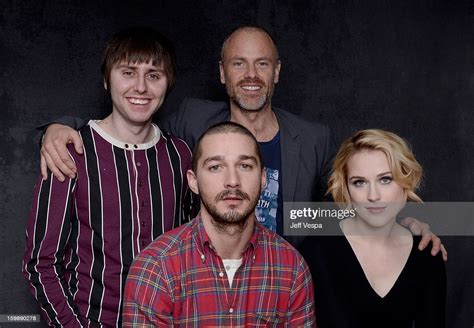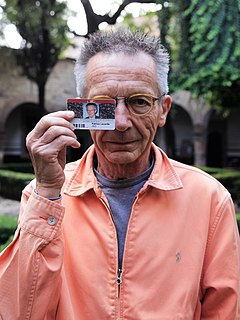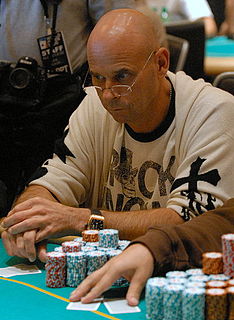A Quote by Rob Reiner
Related Quotes
If you need to strap a camera to you or get in a small space, then it makes sense to use digital.I do think it is possible to use a digital camera artistically, but it can only be good if you are using film technique. Film has grain, and digital has pixels, and there is not that much of a difference, but digital does not replace the need to create a scene and light it properly and spend time considering the shot.
When you're working with film, you can only shoot one angle at a time, and then everything has to stop, and you re-light it and shoot everything else from the opposite side, so it's really important that you stick exactly to what's written. But with the multi-camera digital setup, you're getting both sides of the scene at the same time, so it gives you that freedom to go off-book.
There's something very satisfying about old cameras because they're ingenious. I mean when you take them apart and actually see, 'Oh, this is how we make photographs,' it's an ingenious thing, but it feels like it's in a way a layman can appreciate, whereas a digital camera, I don't even begin to know what goes into making a digital camera.
As far as digital technology has come, there's still one thing that digital cameras won't do: give you perfect color every time. In fact, if they gave us perfect color 50% of the time, that would be incredible, but unfortunately every digital camera (and every scanner that captures traditional photos) sneaks in some kind of color cast in your image. Generally, it's a red cast, but depending on the camera, it could be blue. Either way, you can be pretty sure-there's a cast.
I have received the digital camera as a blessing. It has really changed my life as a filmmaker, because I don't use my camera anymore as a camera. I don't feel it as a camera. I feel it as a friend, as something that doesn't make an impression on people, that doesn't make them feel uncomfortable, and that is completely forgotten in my way of approaching life and people and film.


































